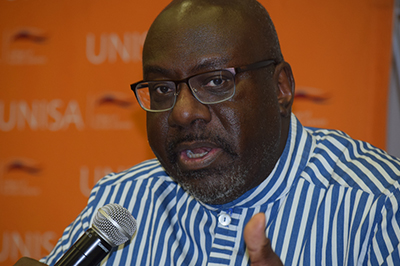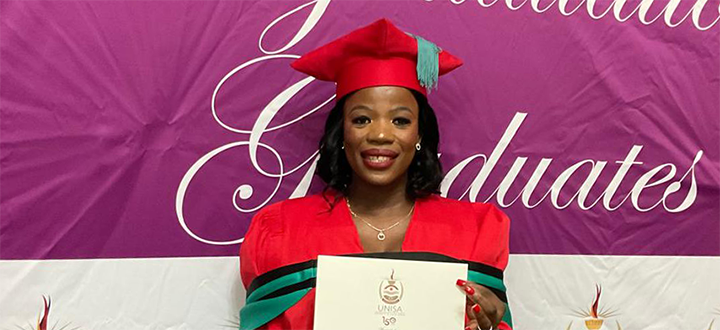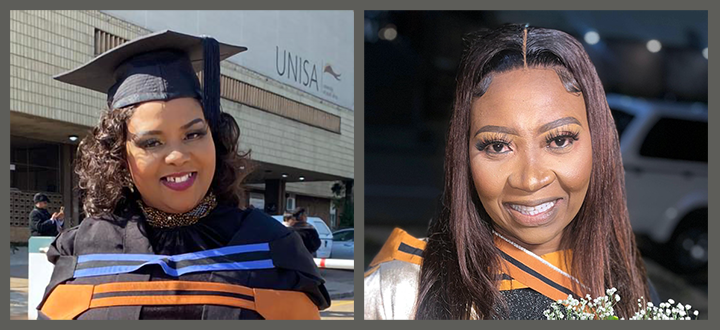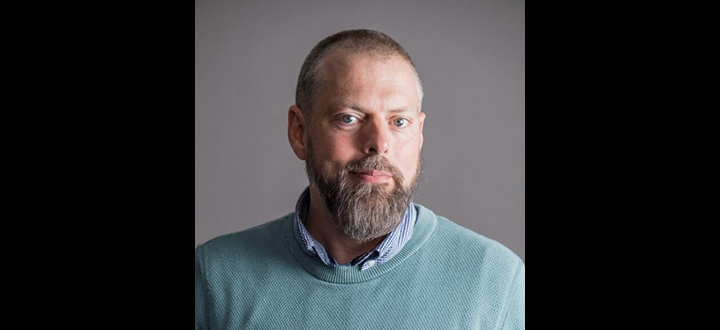College of Human Sciences
Do black lives matter asks NRF A-Rated Professor Extrodinarius, Anthony Reddie
 The Department of Philosophy, Practical and Systematic Theology in the College of Human Sciences hosted their NRF A-Rated Professor Extrodinarius, Anthony Reddie. He spoke on the theological interrogating of the United States’ pro-black movement notion, Black Lives Matter. Professor Reddie is a specialist in using educational methodology and grassroots work on conscientisation and formation in order to create a more praxis driven and practical approach to Black theology that impacts on communities of faith (particularly churches) in order to empower ordinary people. He is also one of the leading theorists and practitioners in the development of racism awareness training in Britain.
The Department of Philosophy, Practical and Systematic Theology in the College of Human Sciences hosted their NRF A-Rated Professor Extrodinarius, Anthony Reddie. He spoke on the theological interrogating of the United States’ pro-black movement notion, Black Lives Matter. Professor Reddie is a specialist in using educational methodology and grassroots work on conscientisation and formation in order to create a more praxis driven and practical approach to Black theology that impacts on communities of faith (particularly churches) in order to empower ordinary people. He is also one of the leading theorists and practitioners in the development of racism awareness training in Britain.
Professor Reddie said the crux of the lecture pertained to existential challenges facing Black people, predominantly of African and Caribbean descent, to live in what continues to be a white dominated and white entitled society. He said his paper, working against the backdrop of the Black Lives Matter movement that originated in the USA, analyses the socio-political and cultural frameworks that affirm whiteness whilst concomitantly, denigrating Blackness.
According to Professor Reddie, western mission Christianity has always exemplified a deep seated form of anti-Blackness that has helped to shape the agency of Black bodies, essentially marking them as “less than”. He said this theological base has created frameworks that have dictated the sematic belief that Black bodies do not really matter and if they do, then they are invariably second class ones when compared to white bodies. He included in the final part of the paper, an outline of the ways in which Black theology in Britain, drawing on postcolonial theological and biblical optics has sought to critique the ethnocentrism of white Christianity in Britain in order to assert that “Black Lives Do Matter”.
The composition of Professor Reddie’s paper touched on theological critiques such as anti-Blackness in mission Christianity, demonisation of the Black body, contractual acceptance of Black people in Britain, the radical response of Black Christianity in Britain and an elaboration of the challenge to white Christianity in Britain for black lives to matter.
Professor Reddie mentioned in the latter part of his presentation that the fundamental problem with Christianity in Britain is that its ethical basis has been undermined by a deep seated sense of White exceptionalism that has its roots in British history. He further mentioned that whilst Christianity has sought to preserve the ideal of universality and unity, the growth of the Christian church worldwide has also been predicated on the realisation that every branch of its worldwide body is some particular expression of the faith. He said every particular manifestation of church is one that is attendant with specific social and cultural markers that identify it as something distinct within the overall macro phenomenon of the faith.
Professor Reddie’s work in the UK as a Black British liberation theologian has been informed by the continued toxicity of racism and white privilege and entitlement. He went on to say that white normativity continues to create a template in which whiteness and their concomitant experiences matters a great deal more than the claims and needs of Black people. And thus he expressed that according to him, black lives do no matter unless they are constrained within respectability politics in which Black bodies are expected to conform to Eurocentric norms.
“The task of challenging the toxicity of white privilege is necessary if the universality and inclusivity of the church is to be continually realised,” he said. He added that when British Christianity utterly deconstructs it’s collusion with imperialism and white privilege, which seeks to embrace a more expansive identity that rejects nationalism and the little Englander mentality, then and only then, will Black lives truly matter in Britain.
*By Katlego Pilane (CHS: Communications and Marketing)
Publish date: 2018-10-16 00:00:00.0


 Wielding her Unisa PhD, Botswana educator champions early childhood development
Wielding her Unisa PhD, Botswana educator champions early childhood development
 Proud Unisa alumna bridges distance and fuels career growth
Proud Unisa alumna bridges distance and fuels career growth
 SAPS women in blue graduate at Unisa
SAPS women in blue graduate at Unisa
 Degrees of determination: Stories of grit, growth, and graduation
Degrees of determination: Stories of grit, growth, and graduation
 Unisan awarded prestigious British Academy Equitable Partnerships funding
Unisan awarded prestigious British Academy Equitable Partnerships funding